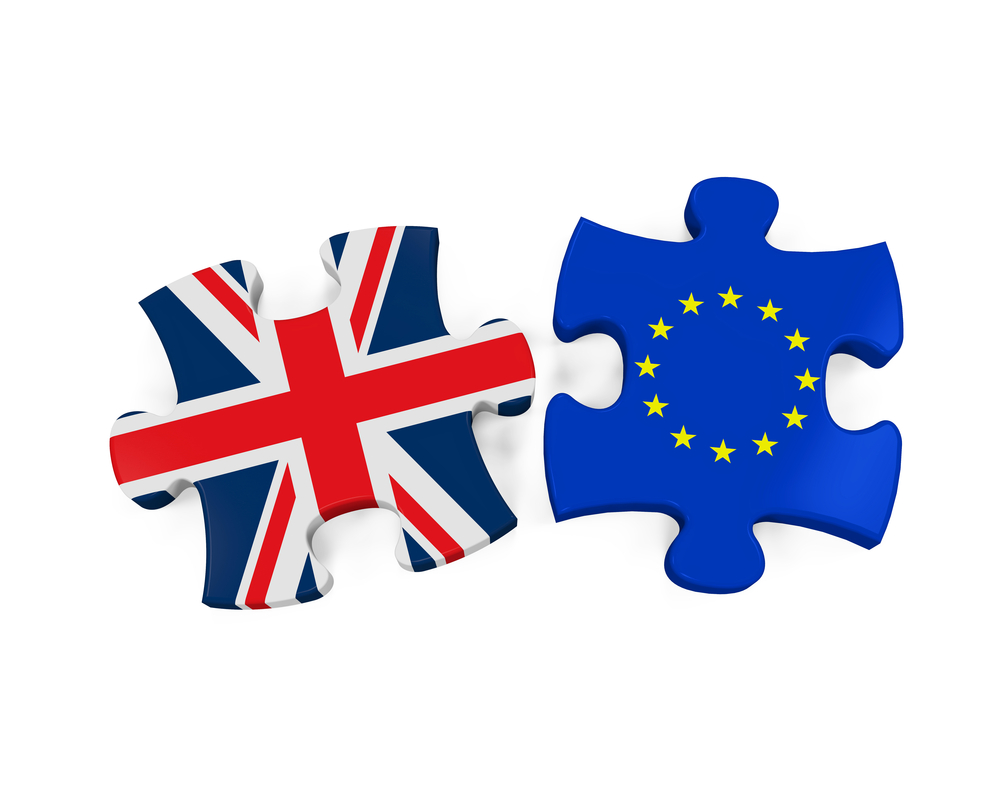The European wine sector in figures:
- In terms of value, the EU wine sector exports € 10 billion within the EU, € 9.8 billion outside the EU and contributes € 7.2 billion to the EU trade balance. The sector generates 3 million direct jobs in Europe, mostly in rural areas.
- Geographical Indication (GI) wines represent: 67% of European wine production, 85% of the value of wines exported from the EU and 15% of the value of beverages and foods exported from the EU.
The UK’s place in the wine market:
- The United Kingdom is a small wine producer (36 000 hl in 2016 – source European Commission)
- But a leading wine consuming country (12.9 million hectolitres). In 2015, the United Kingdom was the sixth largest market in the world for wine consumption (source OIV).
- Wine consumption is largely driven by imports. In 2015, the United Kingdom was the second largest importer of wine in terms of volume (behind Germany) and the second largest in value (behind the United States). In terms of value, imports come mainly from France, Italy, Australia, Spain and New Zealand (source OIV).
- For European wines this is a key market, especially in the high end.
- NB: The United Kingdom is currently a global platform for wine trade, in particular for European GI wines (e.g. auctions, wine distribution, storage and re-export to other countries, notably towards Asia). In fact, the United Kingdom is the fifth largest exporter of wine in the EU and the eighth largest in terms of volume.
Brexit: what implications?
- access to the UK market, including future levels of taxes and duties
- the protection of our wine appellations in this market
- Brexit opens a period of instability for wines from other EU member states, with regard to:
- The weakening of the pound sterling could lead in the long term to an increase in the price of wines imported from the EU and this could have an impact on our competitiveness in this market. This could lead to a loss of market, as consumption turns to more accessible wines.
- The UK is likely to negotiate free trade agreements with wine-producing and exporting countries. Our competitors may have better access to the UK market in the future than our European wines.

